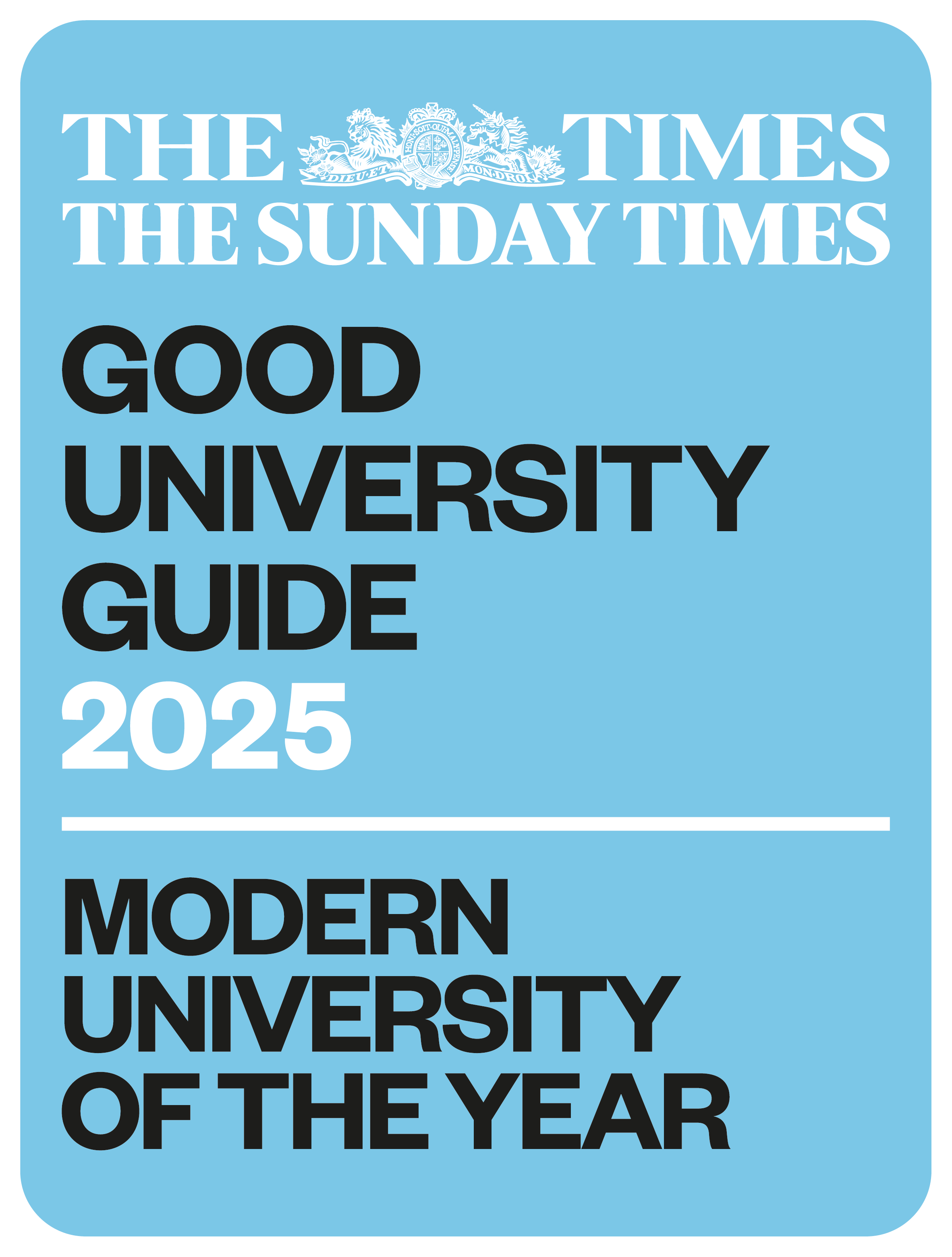Please note: This course is closed for January 2026 entry.
Interested
in tackling global challenges like poverty, inequality, and the climate crisis?
This Global Development course, formerly known as International Development, offers a critical, up-to-date understanding of the field of global development. The course also has a 12 month full time option and a 16 month full time option, both without advanced practice .
Engage with
key concerns such as environmental and social injustices; conflict and displacement; technology, innovation and decolonising development; and examine global policies, theories, and practices.
Benefit from specialist expertise in the pioneering Centre for Global Development and the Disaster and
Development Network (DDN),
Gain theoretical, analytical and practical knowledge and skills through interactive teaching. Our
multidisciplinary course prepares you for a career in global development, for example in non-governmental
organisations, government, or multilateral organisations.
Discover more about this course from a student point of view.
 Option for Placement Year
Option for Placement Year Option for Study Abroad
Option for Study Abroad









